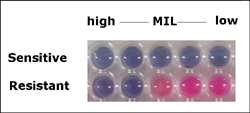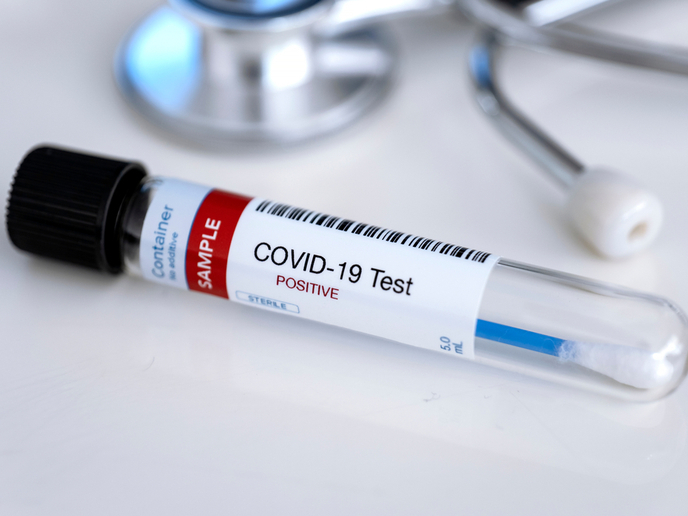Improved drug and treatment protocols for kala-azar
Visceral leishmaniasis (VL), sometimes known as kala-azar or black fever, is a severe form of leishmaniasis - a disease caused by protozoan parasites of the Leishmania variety. According to reports, it is the second-largest parasitic killer in the world (after malaria), responsible for some 500\;000 cases each year worldwide. Several species of Leishmania are known to prompt the visceral form of the disease, including L. donovani and L. infantum. Combating visceral leishmaniasis (VL) calls for improved drug availability, supply, administration, effectiveness and control. Even when given to sufferers, resistance to the drug causes further concern. For this reason, the effectiveness of drugs distributed has to be monitored and protected so that patients can be cured and VL brought under control. Although clinical development of combination regimens for VL is progressing, it will be years before drug policy will bring about changes. 'New tools for monitoring drug resistance and treatment response in visceral leishmaniasis in the Indian sub-continent' (Kaladrug-R) aims to develop, evaluate and provide tools that can assess drug resistance in L. donovani. Successes in this effort will provide for a steady supply of quality drugs and promotion of appropriate treatment. Monitoring the effectiveness of treatment and possible resistance to drugs fighting kala-azar calls for improved eradication programmes and know-how. Kaladrug-R is helping to organise clinical and laboratory research which are needed to support the drug policy underpinning any resulting VL elimination campaign.







